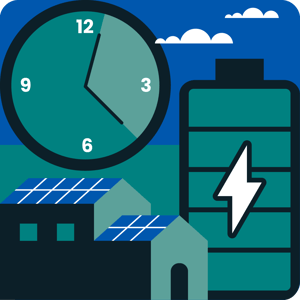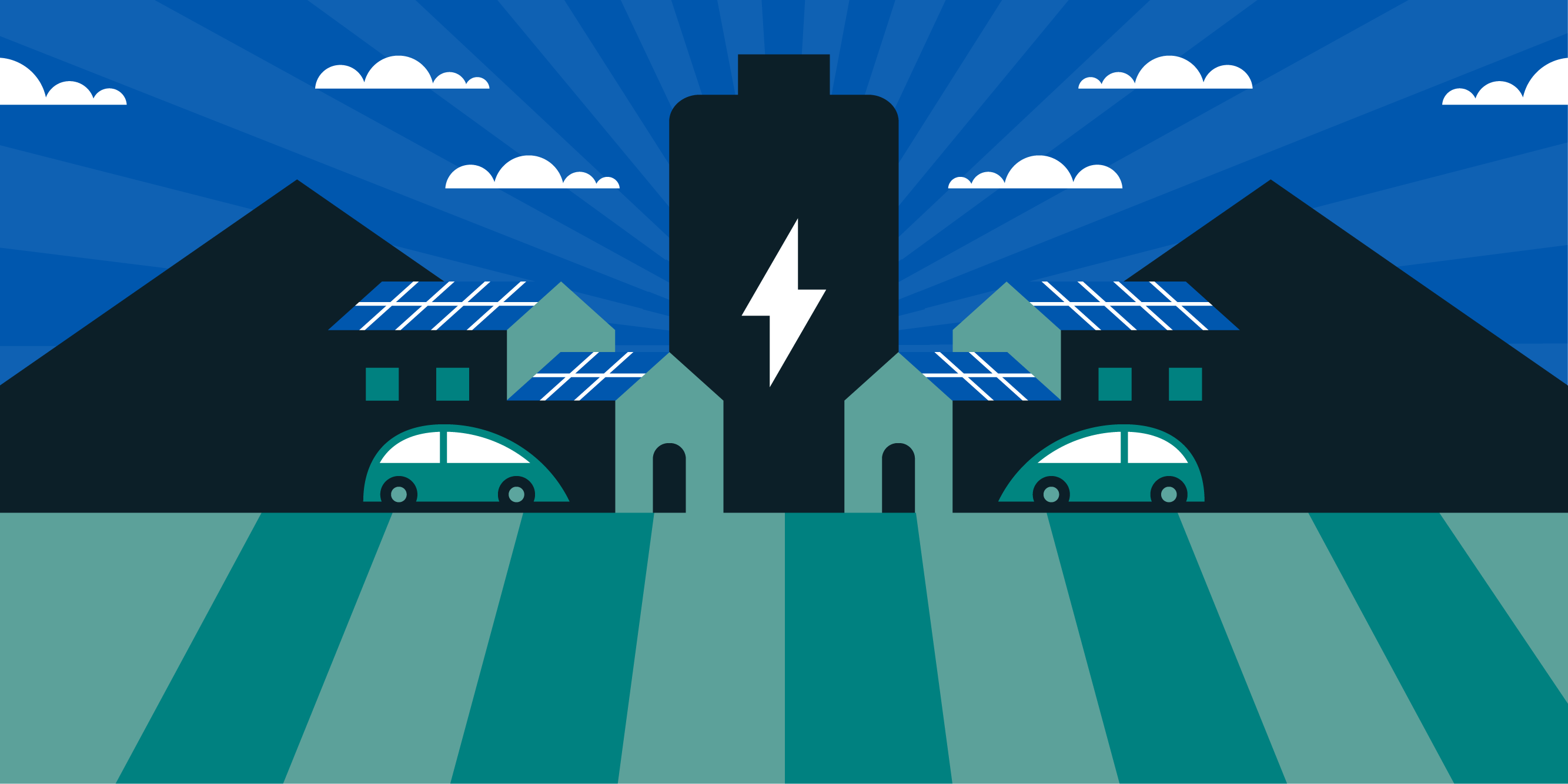The Case for Stand-Alone Home Batteries: Beyond Solar Dependency
In the rapidly evolving landscape of renewable energy and sustainable living, stand-alone home batteries, also known as solar batteries, are emerging as essential components of modern households. Stand-alone battery installations are now VAT-free, making them even more appealing. This reduction in upfront costs further accelerates the return on investment for homeowners.
But it’s not only households with solar that can benefit. Even without solar, Integrating a stand-alone battery can unlock significant savings and enhance your energy independence.
Let's delve into why you should consider investing in a home battery system, explore the potential savings it offers, and learn how to embark on your home battery journey.
Are Solar Panels Right for You?
Whether you're curious about the benefits of solar energy, want to understand the installation process, or are eager to learn about the latest innovations in the solar industry, we've got you covered. Our newsletter is packed with expert insights, helpful tips, and answers to all your burning questions about solar power.
Why Install a Stand-Alone Home Battery?
1. You’ve Got Solar Panels: Amplify Your Solar Generation
For homeowners with an existing solar panel installation, coupling it with a home battery ensures efficient storage of your generated electricity. Traditionally, surplus solar energy which isn’t immediately used is fed back into the grid. But, with a battery you can store excess energy for use during peak times when energy costs are higher, or during the evenings when your solar panels won’t be generating energy. This reduces how much electricity you buy from the grid, cutting your energy bills and increasing your self-sufficiency.
2. You’re on a Time-of-Use Tariff: Benefit from Off-Peak Energy Costs
If you’re on a time-of-use tariff - whether that’s because you have an electric vehicle (EV), you have a heat pump, or you’re on Economy 7 - installing a home battery could work for you. Take advantage of your tariff by charging a home battery during off-peak hours when costs are low and using or exporting your stored energy when prices are higher at peak times. This strategy to optimise your energy consumption has the potential to reduce your energy expenses.

The Savings From a Home Battery
1. Get More From Your Solar Panels: Save £600/year
By strategically managing your solar energy storage with a home battery, you can significantly reduce your electricity bills. Whether you’re on the Feed-in-Tariff or Smart Export Guarantee, a battery can still make financial sense for you.
Feed-in-Tariff example:
Take a home that currently generates 4000kWh per year, uses 1200 kWh and exports 2800 kWh. With an 11 kWh battery, the home could use an additional 1600 kWh of solar energy by storing it in the battery for use in the evenings. The home would buy 1600 kWh less electricity from the grid and save £464 at current price cap levels. Although the home exports less energy, it isn’t penalised if its export payments are based on “deemed export”.
Smart Export Guarantee example:
Take a home that currently generates 4000kWh per year, uses 1200 kWh and exports 2800 kWh. If the home were to use an additional 2000 kWh through the battery then they’d buy 2000 kWh less electricity from the grid and save £580 at current price cap levels. However, this comes at the cost of exporting 2000 kWh less energy to the grid. Depending on the Smart Export Guarantee tariff, this exported power can be worth between £80 and £600.
2. Get More From Your Time-Of-Use Tariff: Save £763/year
The biggest savings we see are for households that are on an EV tariff - a type of time-of-use tariff. EV tariffs have a cheap overnight period- charging your battery during this time to then use during the day can lead to large savings.
Example:
Octopus Go costs 9p/kWh between 12:30am and 4:30am. Batteries are 90% efficient, so to have 1 kWh of electricity to use at the middle of the day you need to buy 1.1 kWh of electricity overnight, costing 10p/kWh. Compared to the current price cap, this saves 19p/kWh. With an 11kWh battery the household could save up to £2.09/day or £763/year.
3. Demand Flexibility Scheme: Save £100/year
Households with a home battery can be paid for offering flexibility to the National Grid by exporting energy during flexibility schemes, such as Loop’s Turn Down and Save scheme. This could add up to savings of over £100/year.

• • •
Subscribe to our solar newsletter for expert guidance on all things solar power. If you want to learn more about the installation process, costs, savings and more - we’ve got you covered!









